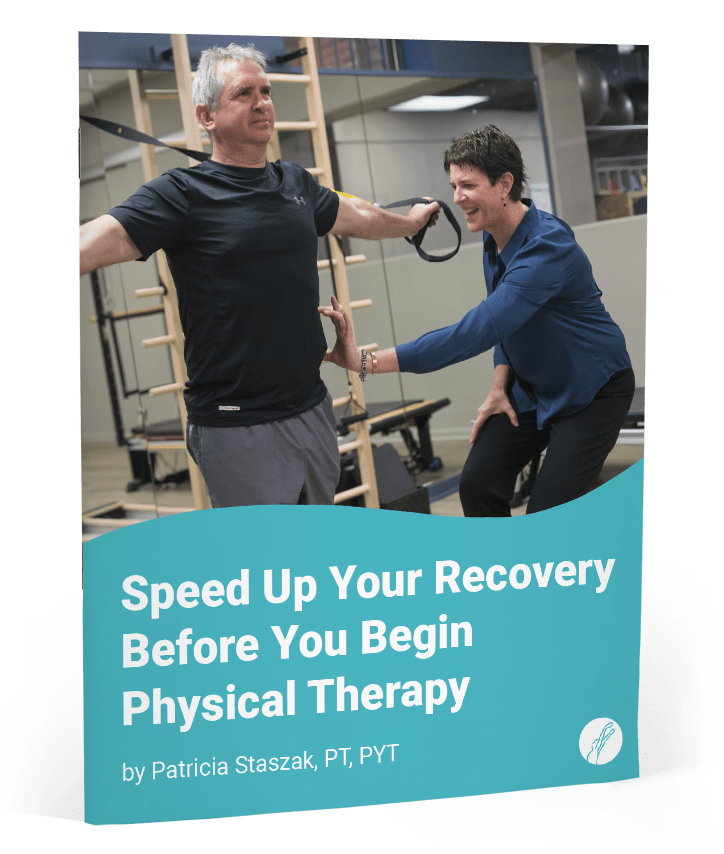If you’ve ever felt the relaxing benefit of a massage…only to feel tension and pain return relatively quickly, then Dry Needling may be something to consider for your chronic muscle tightness, spasms, trigger points or painful joints. Dry needling (or Trigger Point Needling) is an effective treatment for acute and chronic pain, rehabilitation from injury, and even injury prevention, with very few side effects.
Start moving again
If you already have a doctor’s referral for physical therapy, schedule an appointment or call our Chicago office at (773) 907-3599 during regular business hours. We will discuss your symptoms and determine if dry needling can help you. For more information on functional dry needling, check out this video:

